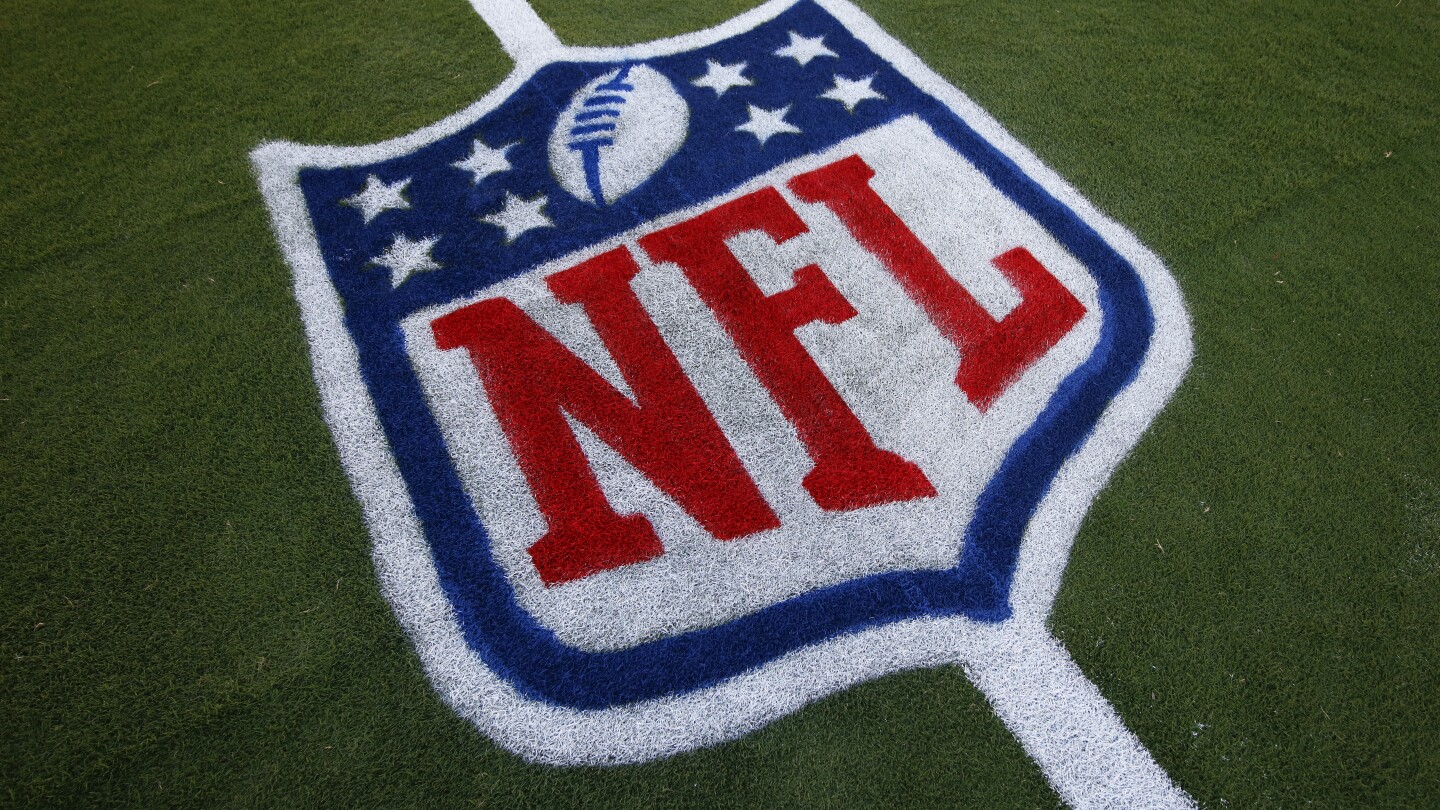
Collusion flows from the fact that NFL teams are independent businesses
How did your country report this? Share your view in the comments.
Diverging Reports Breakdown
Collusion flows from the fact that NFL teams are independent businesses
Many assume the teams coordinate/collude routinely. Many assume that the “franchises” are part of a broader business. But that’s not the case. The American Needle case, decided by the U.S. Supreme Court in 2010, found that the NFL isn’t a “single entity” but 32 independent businesses. Which means that any coordination/collusion among those businesses amounts to a violation of the antitrust laws. The problem is that fans and media expect the teams to coordinate. And, frankly, the NFLPA has done a poor job over the years of effectively communicating to fans andMedia that coordination isn”t permitted. The NFLPA tried to launch the most recent collusion case, however, former NFLPA executive director DeMaurice Smith tried.
Many assume the teams coordinate/collude routinely. Many assume it’s perfectly fine to do so.
They assume that the “franchises” are part of a broader business. That the NFL is one large company with 32 branches that the league office controls.
But that’s not the case. The American Needle case, decided by the U.S. Supreme Court in 2010, found that the NFL isn’t a “single entity” but 32 independent businesses. Which means that any coordination/collusion among those businesses amounts to a violation of the antitrust laws.
So how can the NFL have a salary cap and a draft and limitations on player movement like the franchise tag? By participating in a “multi-employer bargaining unit,” the NFL’s teams have secured a limited antitrust exemption that allows them to make common rules regarding the 32-team player workforce.
The common rules appear in a Collective Bargaining Agreement. And the CBA expressly prohibits collusion as to the things the independent businesses are authorized to do, within the confines of the CBA’s rules.
Remember when the league punished the Cowboys, Commanders, Raiders, and Saints for treating the uncapped year of 2010 as uncapped? That was blatant collusion, since the CBA allowed the teams during the uncapped year to spend at will.
The CBA also allows teams to give players fully-guaranteed contracts. Once the Browns exercised their right to do so with quarterback Deshaun Watson, the league office (through the Management Council) urged the teams to hold the rope in order to prevent the Watson deal from becoming the norm.
And they did. (Even though the arbitrator ignored and/or explained away the evidence that they did.) The next three veteran quarterback contracts for established starters were not fully guaranteed. Which allowed the Watson contract to be regarded as a blip on the radar screen and not a game changer.
It all happened because the teams complied with the instruction to limit guarantees in contracts.
Think of it this way. As it relates to the CBA, the league and the union are engaged in a broader game of tug of war. As it relates to the individual player contracts, the teams aren’t supposed to band together.
Specifically, owners aren’t supposed to be thinking about what the owners of the other teams want. Owners are supposed to be thinking about what’s best for their teams only — even if it creates a problem for other teams.
The problem is that fans and media expect the teams to coordinate. And, frankly, the NFLPA has done a poor job over the years of effectively communicating to fans and media that coordination isn’t permitted.
By launching the most recent collusion case, however, former NFLPA executive director DeMaurice Smith tried. The only problem is that, once the NFLPA secured a ruling that the league urged the teams to collude, current NFLPA executive director Lloyd Howell stuck the 61-page ruling in a vault and locked it.
That doesn’t change the fact that the 32 independent businesses of the NFL received an instruction to collude and, in my own personal opinion, they did.
